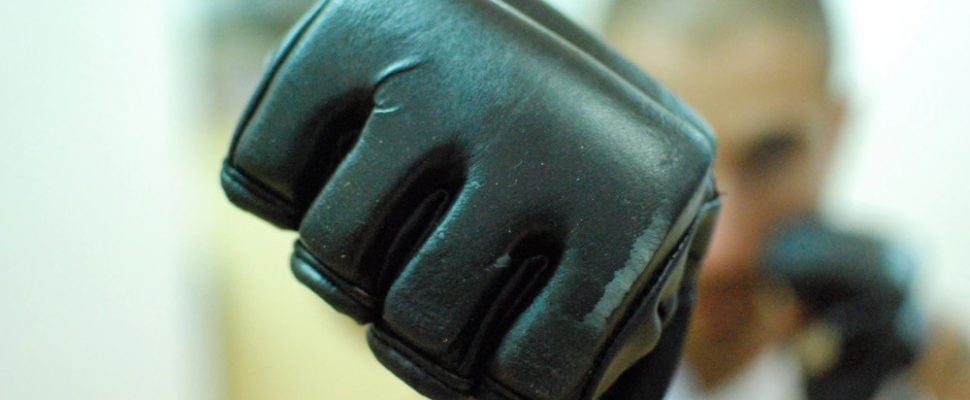With a relatively high number of genetic disorders, the Arab population of the United Arab Emirates (UAE) is increasingly becoming the subject of new studies. The database from the Center for Arab Genomics Studies indicates the presence of 241 genetic disorders among that demographic, a number they call “extremely high by any standards,” considering the small population involved in their research.
With a focus on the early detection of groups at high risk of developing genetic disorders in the UAE, the United Arab Emirates Genetic Diseases Association (UAEGDA) is working to ensure the affected individuals are equipped with the knowledge and education about available and accessible services to improve their quality of life.
We have never lived in a time of greater understanding of human genetic makeup and how our genes do not have to determine our destiny
“We are a unique organization in the Middle East, as we are the only NGO that has a dedicated research center, an accredited lab and a clinic that is licensed by the Dubai Health Authority (DHA). Our primary focus is to empower the community with knowledge and information, whilst working toward multiple parallel missions, including academia and research,” explains Maryam Matar, UAEGDA’s founder and chairperson.
“We have never lived in a time of greater understanding of human genetic makeup and how our genes do not have to determine our destiny,” she adds when explaining the relevance of the association’s recent collaborative initiatives. “We have had incredible support both locally and internationally, including five Nobel laureates who came and visited our organization to show their support for us in our mission.”
The UAEGDA’s research has revealed that ethnicity plays an important role in mutation of the genes and that there has not yet been a fair representation of the UAE’s native ethnicity in worldwide primary research samples. In an effort to gather more inclusive data, UAEGDA decided to conduct its own research on 49 patients within the Gulf Cooperation Council (GCC) countries who had a family history of breast cancer, were at high risk of breast cancer, or were breast cancer survivors. “When we ran a genome sequencing for these test groups, we identified 21 new mutations related to females in the Middle East that increase the risk of developing breast cancer. This has greatly impacted the management of cases, the choice of medication, and the diagnosis rate for breast cancer in my own people. Over the past five years, the prognosis rate has risen from 60 to 80 percent,” she notes.
Playing to its strengths, the UAE is shrewdly putting an emphasis on quick legislative decisions to address healthcare challenges, including genetic disorders; an attitude praised by Matar. “What I believe to be a great advantage over other markets, such as the United States, is that the UAE will rarely delay a law. The [authorities] have great flexibility in modifying existing laws. That flexibility in enforcing laws and modifying them according to the needs of the people is what makes UAE healthcare services extremely attractive,” she concludes.
Matar adds that, for instance, “let’s say there is a law restricting a service provider in some fashion. Said company can freely discuss the issue with a key decision-maker and, as long there is no conflict, it is likely to be modified. Some people see the healthcare system in the UAE as fragmented, however, in my opinion, it is a golden opportunity.”




